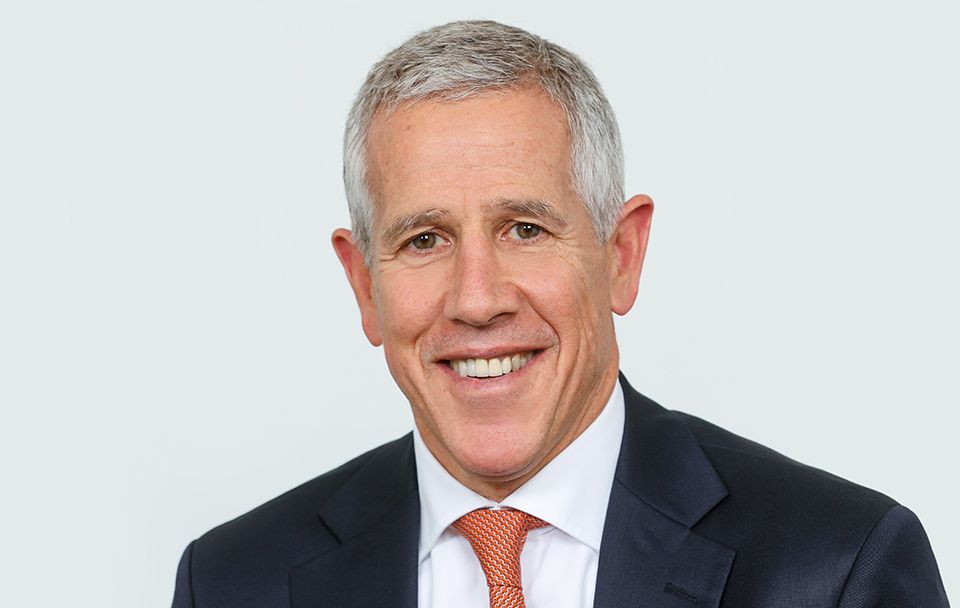“If we do not do something to prevent it, Africa’s animals, and the places in which they live, will be lost to our world, and her children, forever. Before it is too late, we need your help to lay the foundation that will preserve this precious legacy long after we are gone.”
Nelson Mandela
The endless degradation of the natural world is pushing our planet dangerously close to a series of tipping points.
If toppled, these will set in motion irreversible changes in our climate system, leading to a hotter and eventually less hospitable Earth for people and wildlife. The challenges facing the people and wildlife in Africa, in particular, are greater than ever. The world is experiencing an extinction crisis and we are losing species at between 1,000 and 10,000 times faster than the natural extinction rate, caused almost entirely by human activity. This will only worsen as the human population continues to grow and consumes ever more natural resources.
For over 30 years, the Tusk conservation initiative has worked to build a sustainable future for the African continent and its wildlife, amplifying the impact of progressive conservation initiatives across Africa. We channel resources into this effort.
Habitat loss remains the greatest threat to most wildlife, including 85% of all threatened species. Approximately half of the world’s original forests are gone, and what remains is still being removed ten times faster than it can be replaced. The survival of many African species is dependent on a healthy, connected habitat. This is particularly important for species such as lions, elephants and wild dogs, which require large ranges and migratory routes. At present, the African lion has been reduced to living on less than 5% of historic range, with a global population of under 25,000 remaining in the wild.
With Africa’s human population set to quadruple to 4.4bn by the end of this century, the demands on the land will rapidly intensify. Yet protecting habitat and functioning ecosystems is just as important for the livelihoods and wellbeing of local communities as it is the wildlife. There is an urgent need to find solutions that benefit both people and animals. Finding space for both to co-exist is the ultimate conservation challenge.
The illegal wildlife trade continues to be one of the most direct threats to animals in Africa, poached for their horns, tusks, teeth, claws and bones. Sadly, the African elephant population has fallen by over 30% in the past seven years, largely due to poaching. Now the fourth largest criminal industry after drugs, arms and human trafficking, the illegal wildlife trade threatens countless species from pangolins to elephants.
To secure a happier and sustainable future, we need urgently to halt and reverse the degeneration of nature. Ninety One has been partnering with Tusk for 10 years, supporting and promoting the invaluable work that they do. Their dedication to conservation plays an integral role in preserving Africa’s wildlife, and it is imperative that we continue to support their unwavering commitment to this task.








